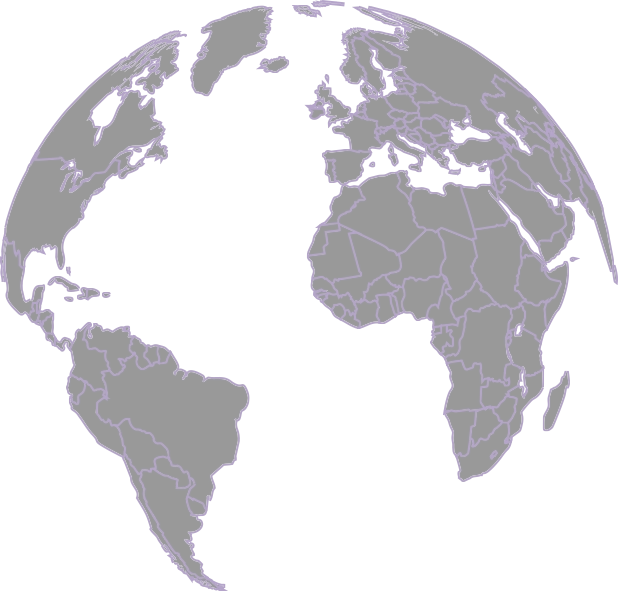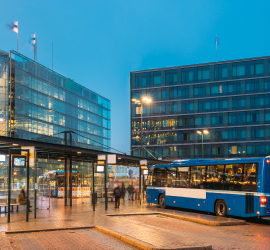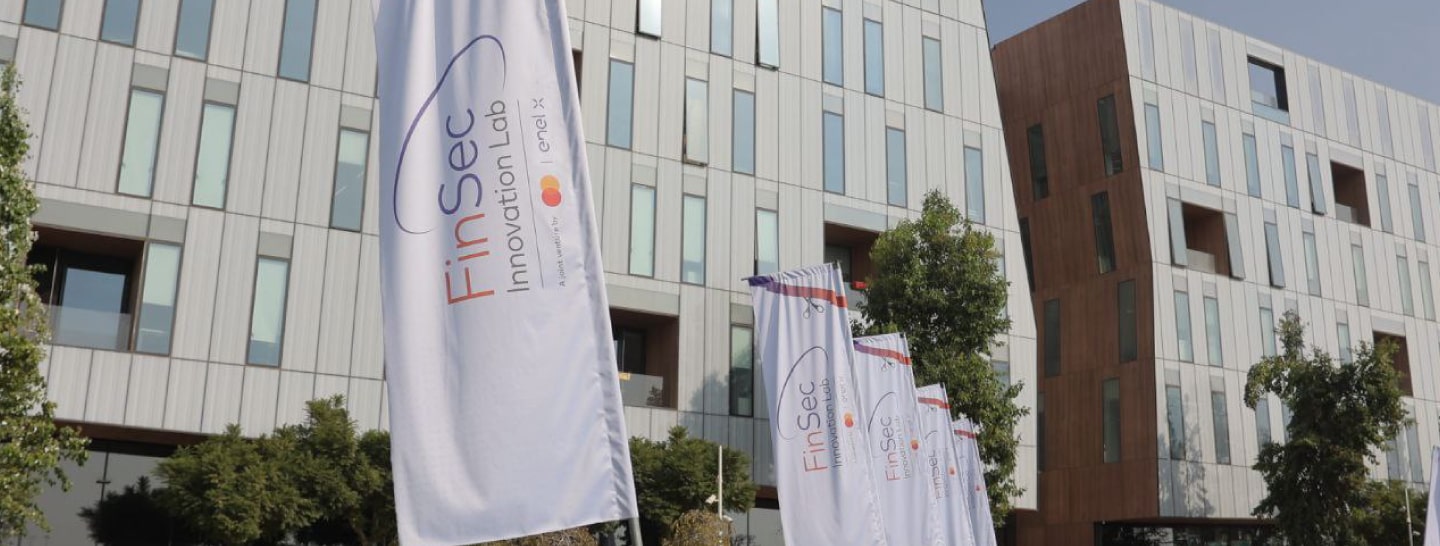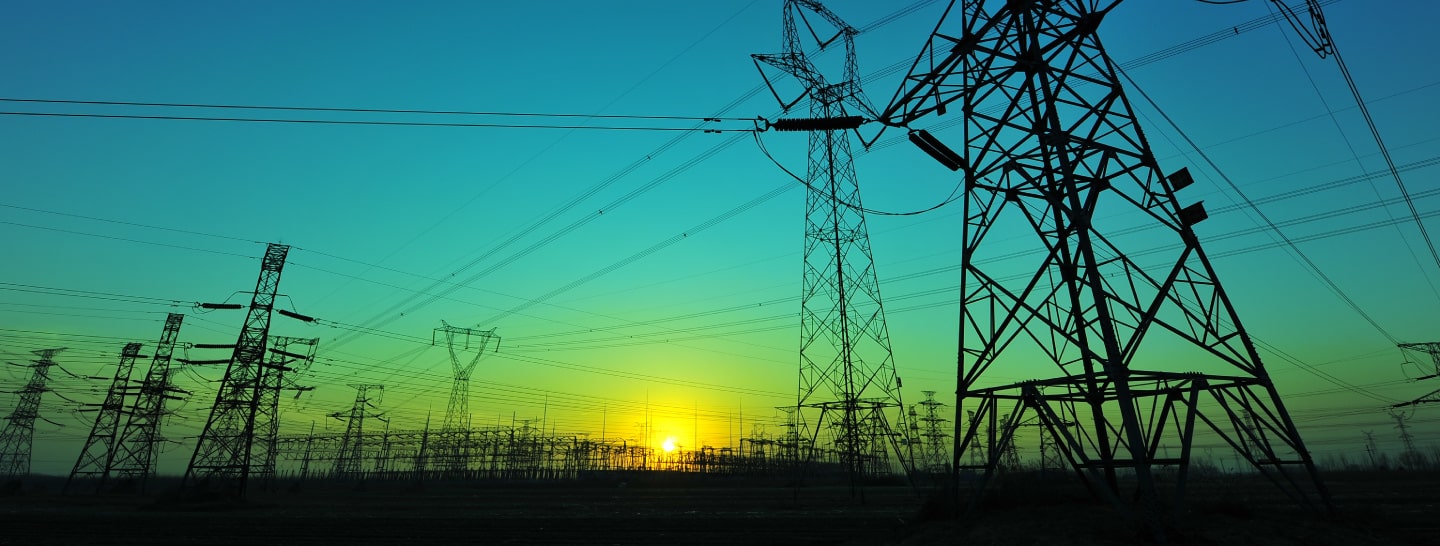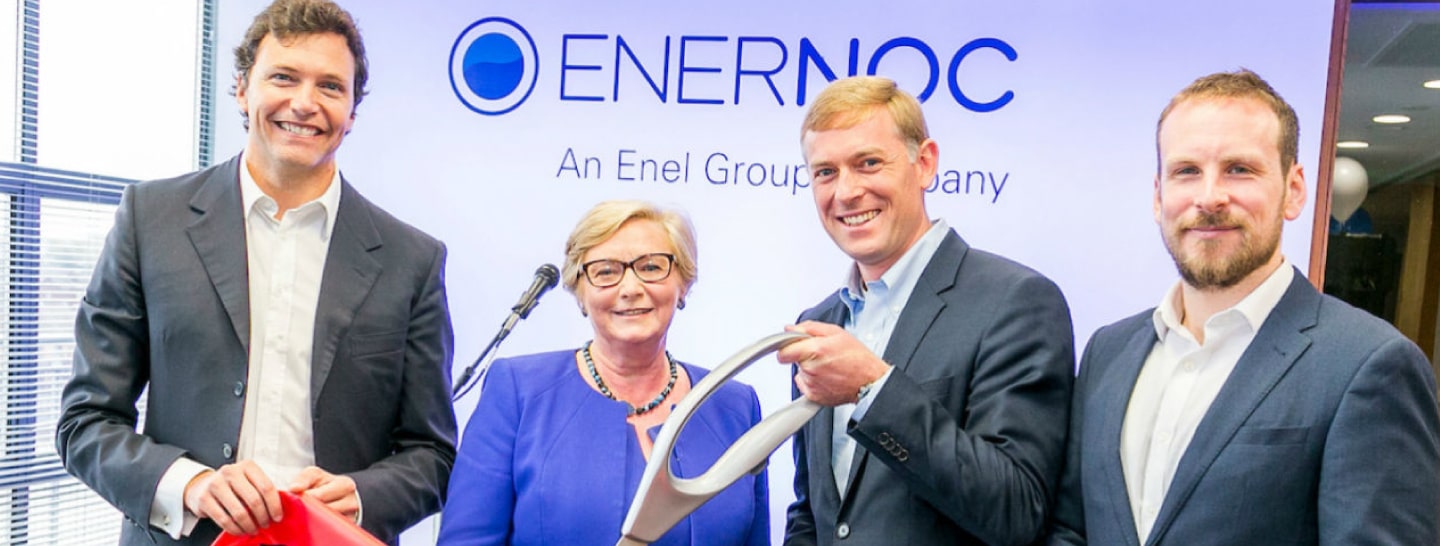
With demand response, efficiency is smart
The acquisition was completed in August 2017 and carried out through its subsidiary, Enel Green Power North America, which now owns 100% of EnerNOC.
As Francesco Venturini, Head of Enel X explains, the finalisation of the transaction represents "a crucial step forward for Enel and for our Business Line, and will allow us to offer an unprecedented range of energy services to our customers, both current and future."


With the inclusion of EnerNOC in the e-Solutions Global Business Line, we are strengthening our ability to benefit from the technological and digital evolution in progress in the energy sector and to open the way for the creation of new opportunities for innovative businesses, in response to the evolving needs of our customer base.
Head of Enel X
The digital frontier electrical services
Beyond digital transformation
The introduction of software to measure, monitor and manage power allows consumers, in particular in the business segment, to play a key role in the operation of the electricity grid, in order to balance supply and demand and to make production more sustainable, while allowing better penetration of renewable sources.
Thanks to the digitalisation of the grid, sensors indicate the load peaks, while automated systems are able to divert or reduce the power toward strategic places, reducing the risk of overload. At the same time, smart tools and systems, such as displays or home networks, make it easier for customers to change their behaviour and to reduce consumption at peak times. All this translates into greater efficiency and cutting waste and costs.
The smart use of technology as a tool enabling new business models will help us to be a protagonist both in mature economies, as in the United States or Europe, and in emerging markets such as Africa. Here, for example, we are already engaged in offering new mini-grid and off-grid solutions, in the development of grids at urban and suburban level, as well as in the study applied to alternative systems of access to energy.
It is a new paradigm of energy that through digital innovation is changing the role of utilities, enabling innovative services and bringing sustainable and affordable electricity to an increasingly larger number of people.
